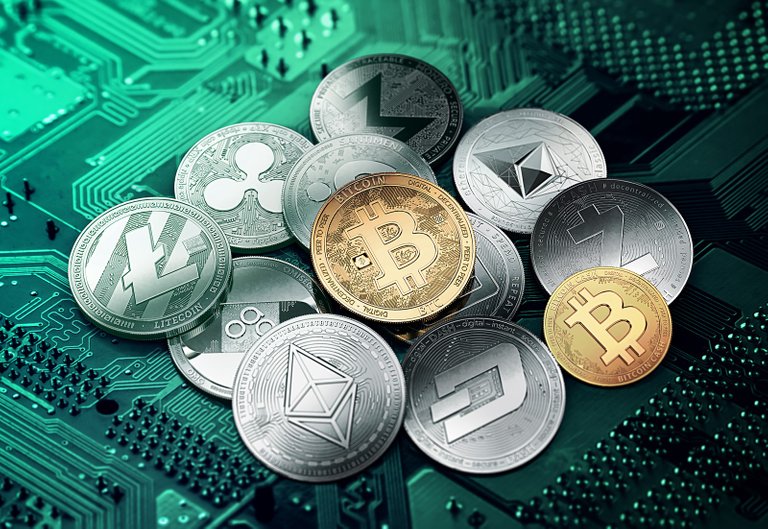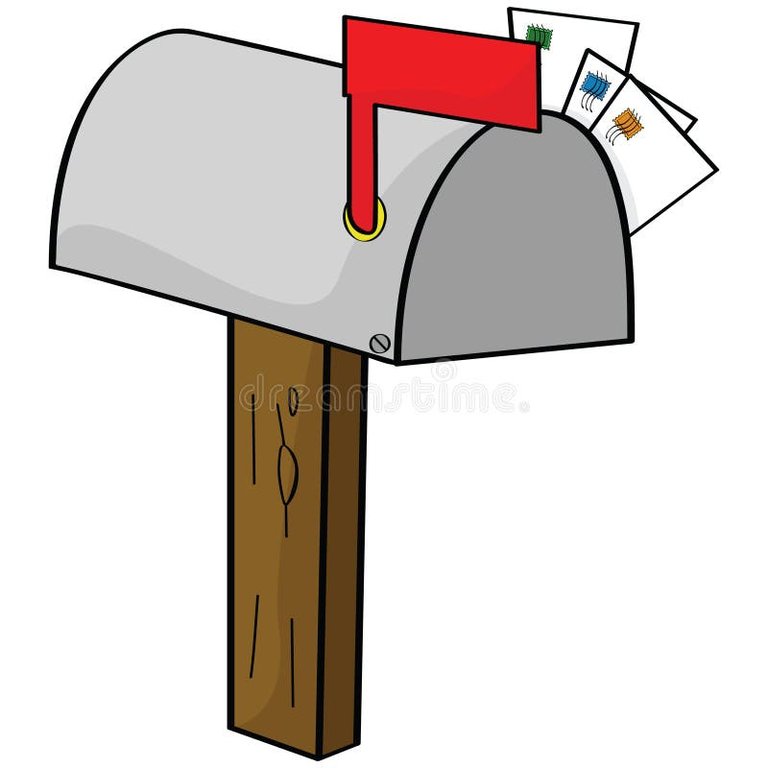
If you are just tuning in, I highly recommend the prior segment for more information regarding Crypto Currency Wallets!: https://steemit.com/crypto/@ridge-sin/beginner-s-guide-to-cryptocurrency-crypto-wallets-pt-1

In this segment, we will continue to learn about Crypto Currency Wallets and the different tools that come with them to help you manage your assets, and keep them safe: Public Addresses, Mnemonic Phrases and Private Keys.

A Wallet's Public Address comes in the form of a string of letters and numbers and works much like a Mailbox or Shipping Address, meaning it is safe to share with any who may want to transfer funds to you. Unlike a Private Key, Seed Phrase or Keystore Fike, a Public Address cannot grant anyone the ability to manage the assets on the Wallet. For this reason, it is not uncommon for people to store their Public Address in more openly visible spaces, often for the purpose of allowing others to easily send tips or payments.

A Wallet's Private Key is an advanced type of cryptography that takes the form of 51 alphanumeric characters or a QR Code, which grant the ability to access and manage the respective Wallet's assets. Unlike a Public Address, your Private Key is something you will never want to give out to someone in order to receive funds. In fact, it is highly recommended to store a Private Key away from any Network Connection, preferably on a physical document such as a piece of paper, plastic or metal.

A Wallet's Mnemonic Phrase, otherwise know as a Seed Phrase, is an encrypted code that takes the form of 12 specific words. Each phrase is generated from a wordlist stored in the Wallet's software, and each word represents a number that is recognized by the Wallet as it's Keys. A Mnemonic Phrase is like the Master Key to your Wallet, granting the holder full ability to access and manage the assets on the respective Wallet. Similarly to a Private Key, it is highly recommended to store a Mnemonic Phrase away from any Network Connection, preferably on a physical document such as a piece of paper, plastic or metal.
It is important to note that if you do not own the Private Key or Mnemonic Phrase to a Wallet, you do not have secure ownership over the assets within the Wallet. This is often the case with Wallets built into Exchange platforms, and allows for fast transactions as all of the assets are hosted on the same platform. The assets on an Exchange Wallet are fundamentally your's, but you are relying on the Exchange for the security of your assets.

If you enjoyed this article, check out the next segment of my Beginner's Guide to CryptoCurrency, where we will go over Crypto Exchanges and how to pick the one that works best for you!